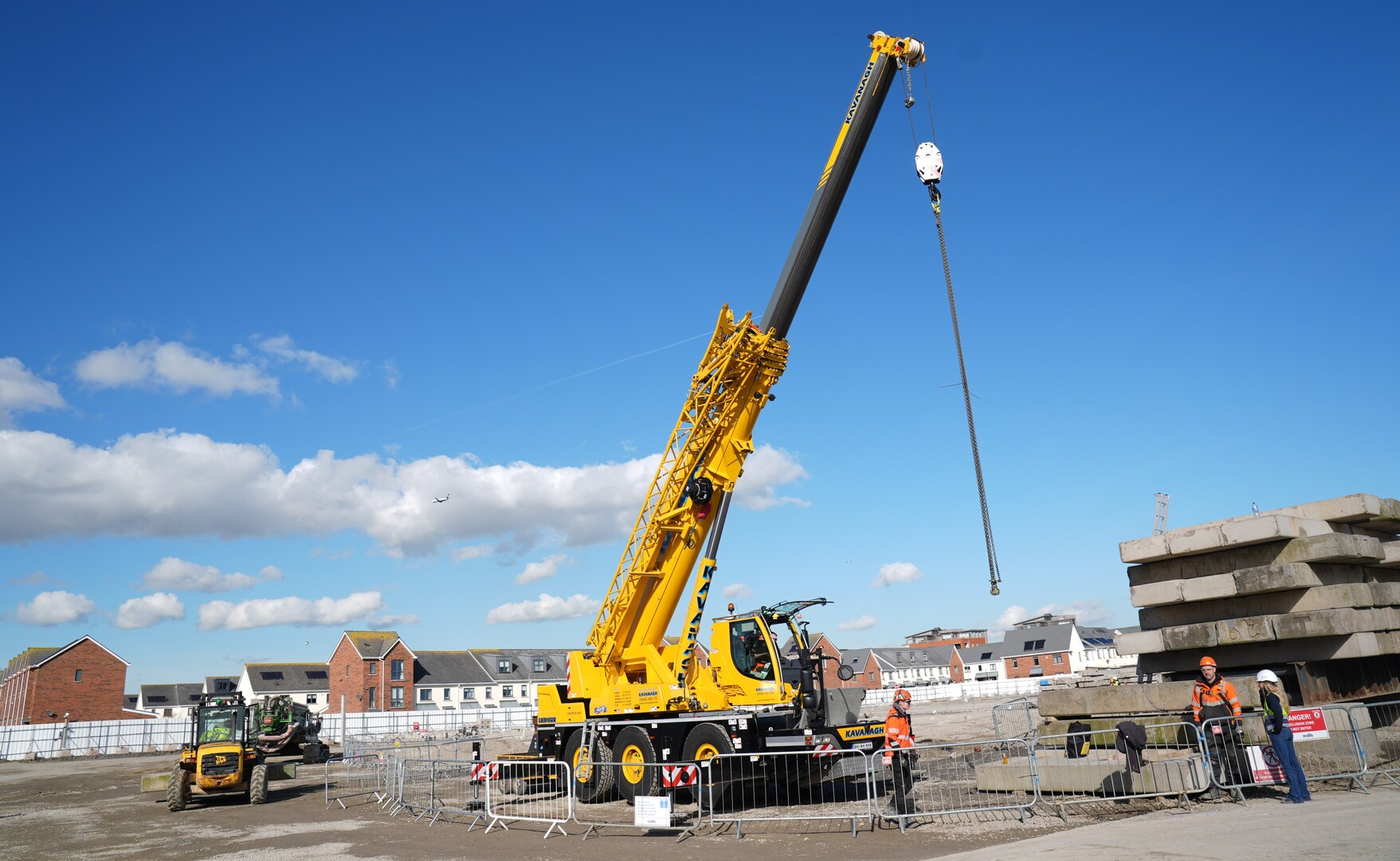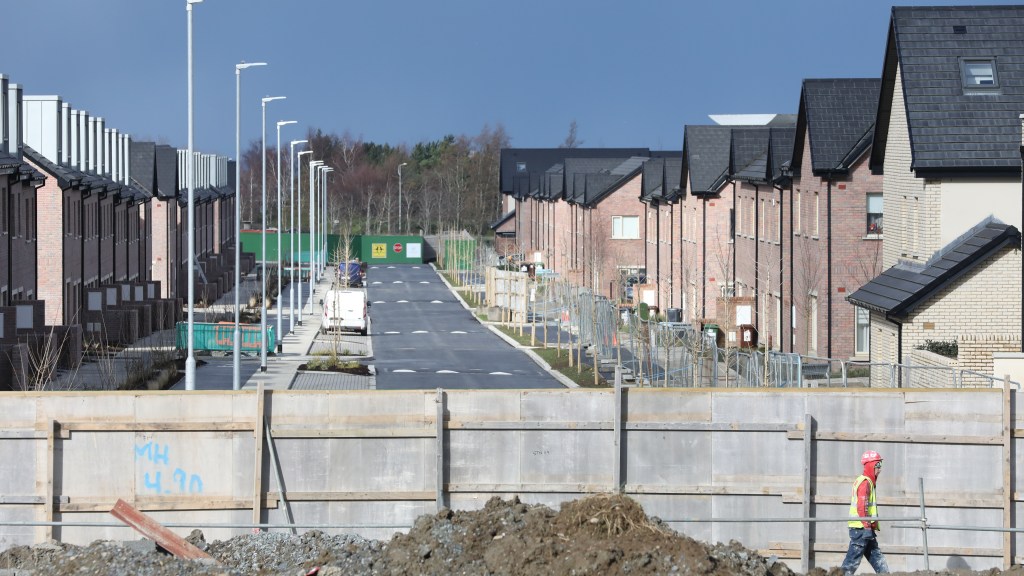LDA Prepared for Enhanced Authorities to Increase Housing Supply
Significant new authorities are set to be granted to the Land Development Agency (LDA) as ministers prepare to examine crucial housing proposals in an upcoming cabinet meeting this week.
On Thursday, officials will convene to deliberate on extending the LDA’s responsibilities to include private housing alongside its existing public housing mandate. Officials have raised concerns regarding the agency’s struggles to secure sufficient public land in suitable locations, indicating that the potential for large-scale housing development on state lands is “dwindling.”
A source within the government disclosed over the weekend that plans are underway to strengthen land transfer powers related to public land held by commercial entities. This initiative aims to address the hesitation some state bodies exhibit when transferring land due to its commercial value, which could potentially involve compulsory purchase orders that officials are currently working to define.
The proposed modifications would transition the LDA from strictly public housing delivery to a broader focus on private housing projects. The discussions will present a vision of creating a balanced mix of private, social, and affordable housing on non-state lands, where economic feasibility permits.
The LDA’s focus is expected to expand from primarily urban areas to towns suitable for substantial housing projects. This shift would necessitate legal adjustments to allow the LDA to engage in towns with populations under 30,000.
Among the LDA’s primary functions are the development of housing on state lands transferred to it, delivery of affordable rental homes, and collaboration with local governments to create mixed tenure affordable and social housing schemes.
While the core mission of the LDA is to maximize affordable housing on public land, agency officials are acknowledging rising challenges to procure enough land in suitable locations and are increasingly looking to acquire privately held land.
Currently, of the 37 publicly owned sites intended for transfer to the LDA, two are in the construction phase, two are in procurement, and six more are undergoing planning and design. Collectively, these ten sites could potentially yield 5,600 new homes. However, the meeting will be informed that there are diminishing opportunities to activate “development ready” sites and produce housing on state lands.
There are only a limited number of available sites capable of accommodating an additional 4,000 homes. Numerous publicly owned sites face unlocking challenges due to the necessary substantial infrastructure and servicing investments.
Ministers will be advised that considering the ongoing issues, the “policy constraint of solely public housing delivery” must now be re-evaluated.
Additionally, the Department of Finance is believed to have prepared a document outlining various potential funding strategies for the proposed plans.

Another key aspect of the LDA’s expansion will include extending its collaborations beyond existing partnerships. Currently, the agency collaborates with four local authorities for large-scale housing projects across eight strategic sites.
In one cooperation, 195 cost rental homes, 51 affordable purchases, and 35 social homes were completed in Shanganagh, Dublin, with additional projects slated for this year involving 110 cost rental, 40 affordable purchases, and 165 social homes. The LDA is also engaged with Dublin City Council on four separate projects, each at different stages. Approximately 700 homes are under construction, 1,200 are in the tender stage, and 383 are pending planning.
Further collaborations exist with Galway City Council, Limerick City and County Council, and Cork City Council. Together, these initiatives have a potential output of 3,000 new homes, estimated at 2,000 being cost rental and affordable options, and 1,000 designated as social homes. The LDA prioritizes these metropolitan areas due to urgent housing needs and resource allocations while the government considers expanding focus to encompass more rural areas, including smaller towns.
Meanwhile, plans for the Housing Activation Office are set to advance, despite existing controversies concerning the shelved appointment of a “housing tsar.”
Graham Doyle, the Secretary General of the Department of Housing, has indicated that a “tsar” is unnecessary to resolve obstacles related to housing delivery.
His remarks were made during a housing event hosted by Property Industry Ireland, where attendees were invited to share their views on the necessity of appointing a housing tsar, as reported by The Business Post.
Doyle commented, “I voted no,” igniting backlash within Fianna Fail and Fine Gael, as both parties aim to steer clear of any further discussion or controversy surrounding the “tsar” role after the proposed appointment of Nama chief Brendan McDonagh faced public disapproval due to his dual role that would have kept his €430,000 salary.
Last Friday, Housing Minister James Browne mentioned that he had addressed Doyle’s statement regarding the terminology used, clarifying that Doyle fully supports the initiative.
Government officials are eager to move away from the term “housing tsar” and instead will designate a “head” for the new office to tackle project impediments.
Advanced discussions are also taking place regarding potential modifications to rent pressure zones, with coalition members expressing concern about what could amount to a “significant” policy change in the rental landscape, potentially leading to heightened rent caps in various zones.




Post Comment